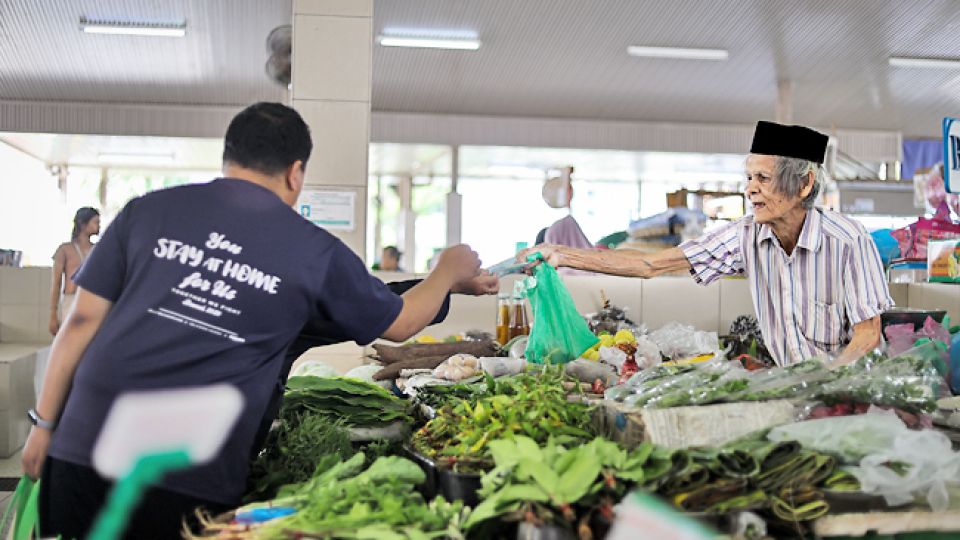April 8, 2024
BANDAR SERI BEGAWAN – Unemployment and economic recession was listed as the most pressing concern among Bruneians, according to a recent survey by the Iseas-Yusof Ishak Institute in Singapore.
Some 77.9 per cent of Bruneian respondents listed unemployment and economic recession as their top three concern, followed by climate change (64.9 per cent) and widening socio-economic inequality (54.5 per cent).
In ASEAN, unemployment and economic recession is ranked as the number one concern, with 57.7 per cent of respondents highlighting it as the biggest challenge the region is facing.
Around 53.4 per cent of ASEAN respondents also perceive climate change and extreme weather events such as droughts, floods and cyclones, as a key regional challenge.
Other concerns include intensifying economic tensions between major powers (47 per cent), widening socioeconomic gaps and rising income inequality (44.4 per cent), increased military tensions arising from potential flashpoints (38 per cent), domestic political instability, including ethnic and religious tensions (36.8 per cent), deteriorating human rights conditions (12.8 per cent) and terrorism and extremism (10 per cent).
Meanwhile the report also highlighted that 22.4 per cent of respondents stated a preference for living and working in an Asean country, if given an opportunity to relocate.
Singapore emerged as the top choice (28 per cent), followed by Thailand (13 per cent), Brunei Darussalam, Indonesia and Vietnam (9.7 per cent).
Other popular choices for relocation were Japan (17.1 per cent) and the United States (15.9 per cent).
The institute’s 6th State of Southeast Asia report, published on April 2, recorded views and perceptions of academics, private sector representatives, civil society, government officials and personnel from regional or international organisations on a range of topics.
The survey, conducted between January 3 and February 23, had 1,994 respondents from the 10 ASEAN member states.


